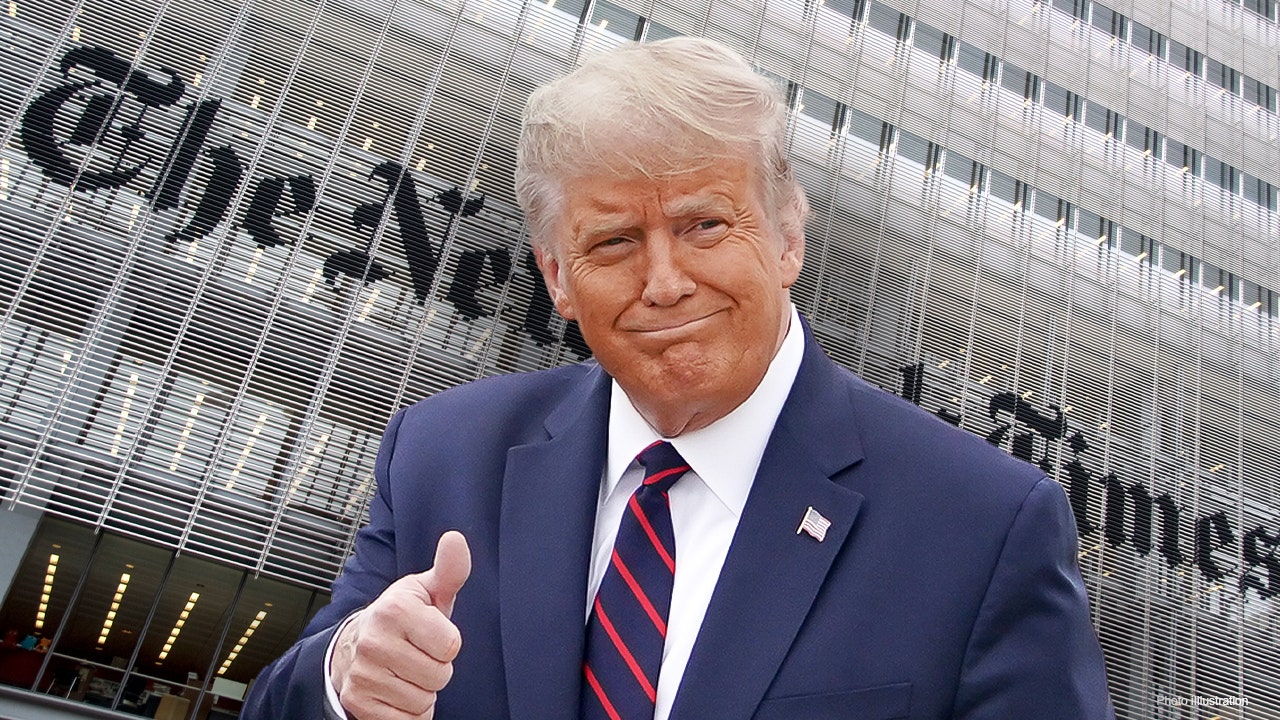Donald Trump and the tariffs are putting these powerful e-commerce companies at risk in the U.S.
In recent months, Shein and Temu—two of the most popular online shopping platforms—have faced a critical moment as new trade policies spearheaded by President Donald Trump have significantly reduced their operations and presence in the United States.

U.S. President Donald Trump
Getty Images
The current federal administration, led by the businessman-turned-president, has implemented a series of trade restrictions that directly impact the business models of both companies, which are headquartered in China. Among the most significant measures are:
These measures, designed to protect American industry and reduce dependence on foreign products, have struck at the heart of the Chinese platforms, which had built their success on ultra-competitive prices enabled by a fast, tax-free import system.
The effects of these new policies quickly showed up in the numbers.
According to Business Insider, Temu—the app owned by Chinese giant PDD Holdings—lost over 50 percent of its active users in just three months, while Shein saw a 12 percent drop during the same period.
In addition, both companies drastically cut their advertising spending in the U.S., resulting in their exit from the ranking of the country’s top 60 digital advertisers—a sharp turn from their previously aggressive campaigns on social media and mobile platforms.
Facing a hostile regulatory environment, both Shein and Temu have tried to adapt their operations. Some of their strategies include:
However, these adjustments have not been enough to halt their decline or prevent the loss of users, casting doubt on the viability of their business models under the current U.S. trade landscape.
Amid these challenges in the American market, both platforms have begun shifting their focus to Europe, where they are already seeing substantial user growth in countries such as Spain, France, and Germany.
The decline of Shein and Temu in the United States highlights a broader trend: a shifting paradigm in international e-commerce, where new rules are starting to disadvantage Asian giants and prioritize local production and consumption.










